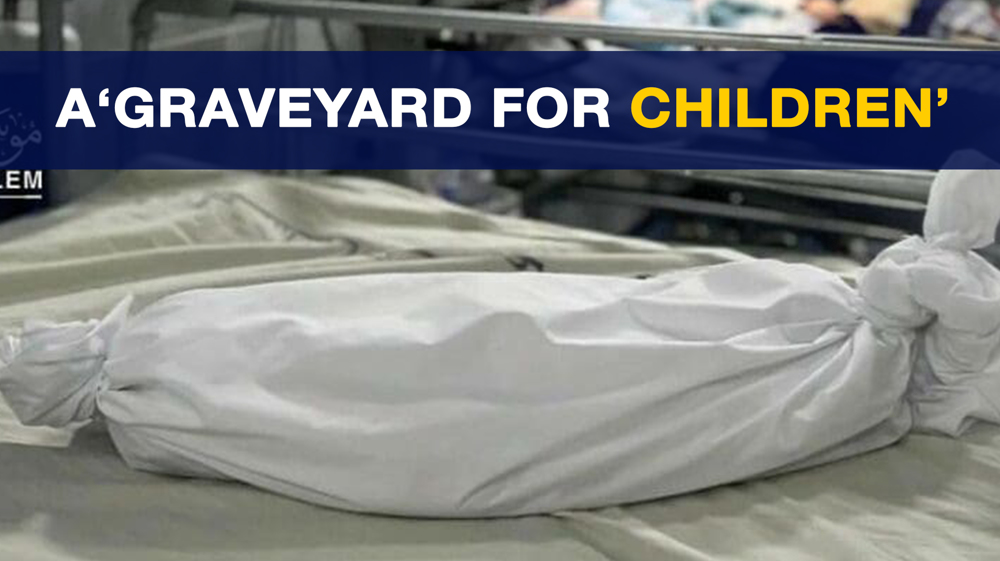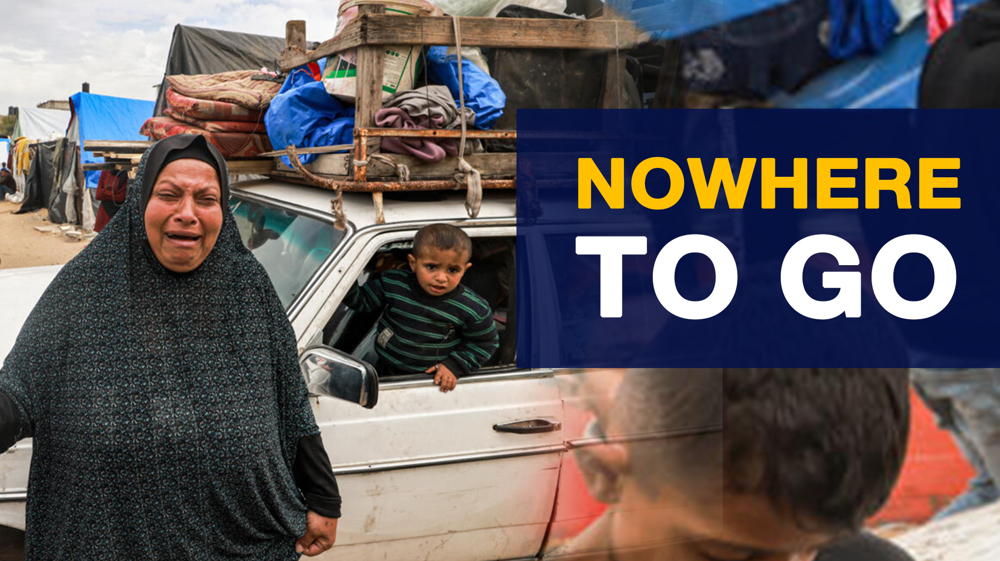Catalonia loses its powers
These are the headlines we are tracking for you in this episode of On the News Line:
Catalonia loses its powers
Spain has plunged into a political crisis since October the first when Catalonia’s regional government pressed ahead with an independence referendum despite the country's highest court outlawing the vote. Nearly a month after the controversial plebiscite, lawmakers in Catalonia voted in favor of declaring independence from Spain. But the decision was followed by a harsh response from Madrid with the Spanish government stripping Catalonia of its autonomy and taking charge of its government. Prime Minister Mariano Rajoy, in a decree, dismissed the Catalan leader and cabinet, dissolved its parliament, sacked head of the regional police force, and called new elections for December 21. However, it remains unclear how the Spanish government will enforce the measures as strong-arm tactics could risk a repeat of violence which broke out on the day of the referendum.
UN in Africa
UN Secretary General Antonio Guterres this past week visited the Central African Republic in what appeared to many as an initiative to correct the image of UN troops stationed in the country. Guterres was warmly received in the southeastern town of Bangassou which has seen a new wave of violence over the past months as a result of fighting between armed groups. But it’s not only the fighting for which Bangassou residents want UN’s help. There has been a shocking rise in accusations against UN peacekeepers for sexually abusing those they have been sent to protect. This has already drawn the attention of global rights organizations including Amnesty International. It said in a recent report that discovered compelling evidence showing UN peacekeepers were involved in instances of serious sexual violence against the citizens of the Central African Republic. Amnesty has criticized that UN troops are in the country to protect citizens from violence - not perpetrate it.
Los Angeles under siege: Looters, thieves targeting evacuation zones in fire-wracked city
Most of Israeli captives in northern Gaza 'missing' after heavy bombardment: Hamas
In pursuit of justice: Israeli soldier accused of war crimes submitted to Swedish court
Iran to soon unveil advanced drone, missile cities: IRGC chief
California's fires reminiscent of Israeli savagery in Gaza: Zarif
VIDEO | Press TV's news headlines
Israeli ministers discuss plot to divide Syria: Report
Pezeshkian felicitates Aoun on election as Lebanon’s president









 This makes it easy to access the Press TV website
This makes it easy to access the Press TV website